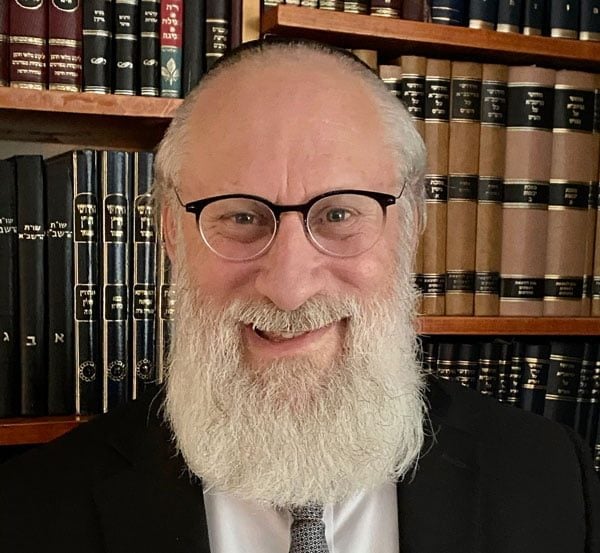Teshuva. By Rabbi Yerachmiel D. Fried

Teshuva. By Rabbi Yerachmiel D. Fried
The Torah says, “For this mitzvah which I command you today – it is not hidden from you, and it is not
distant. It is not in heaven for you to say, “who can ascend to the heavens for us and take if for us, so
that we can listen to it and perform it?” Nor is it across the sea, for you to say, “who can cross to the
other side of the sea for us and take if for us, so that we can listen to it and perform it?” Rather the
matter very near to you – in your mouth and in your heart – to perform it,” (Dev. 30:11-14).
Rashi explains this parsha to be referring to the entirety of Torah, which was written and given b’al peh,
orally, which brings it close to us.
The Ramban, however, interprets this parsha to be referring to the beginning of the perek, “It will be
that when all these things come upon you, the blessing and the curse that I have presented before you,
then you will take it to your heart among all the nations where Hashem, our G-d, has dispersed you, and
your will return unto Hashem.. and listen to His voice…, (Ch. 30:1-2).
“You will return”, ve’shvta, is not just a promise. “For this mitzvah”, “ki hamitzvah hazos”, is informing
us that the Teshuva of acharis hayamim, which will come at the end of days, is, in fact, a mitzvah
incumbent upon us now.
That’s why, says the Ramban, the Torah says its “within your mouth and your heart to perform it”. This
is referring to the foundational requirements of Teshuva, remorse over the past and acceptance for the
future in the heart; vidui, confession, from the mouth.
This raises a question. Why is Teshuva different than all other mitzvos which were given to us in
command form, whereas Teshuva is told as a promise for the future and only later reminded that this
promise is, in fact, a mitzvah?
Perhaps it’s due to the very nature of Teshuva. Teshuva is something truly miraculous, which derives its
power from the future world of Techias Hameisim, the revival of the dead, the final principle in the
Rambam’s 13 ikarim. This is because Chazal tell us that “reshayim, afilu b’chayehem, keruyim meisim”,
the wicked, even while alive, are considered dead. Our definition of life is a connection to the Source of
life, Hashem. To sever that connection is spiritual death. Teshuva, which reconnects one to the Source of
life, is an act of techias hameisim. For that reason, the Yaaros Devash says that during this period, when
one recites the beracha of “mechayeh hameisim” in the amida, he should have Teshuva in mind!
Since we don’t, in this world, have the power of techias hameisim, (besides isolated stories in Tanach),
to perform Teshuva would have been impossible if not for Hashem, in His kindness, have given us the
ability to tap into that future world through the gift of Teshuva. That is why we cannot simply be
commanded to perform Teshuva like any other mitzvah. Rather, we are told that there will be a future
time when all will perform Teshuva, and we can connect to that time by this act which, incredibly, is a
mitzvah upon us as well.
May we all take full advantage of this gift and opportunity! And may all be blessed with a kesiva
vechasima tova l’altar lchaim tovim ul’shalom.




